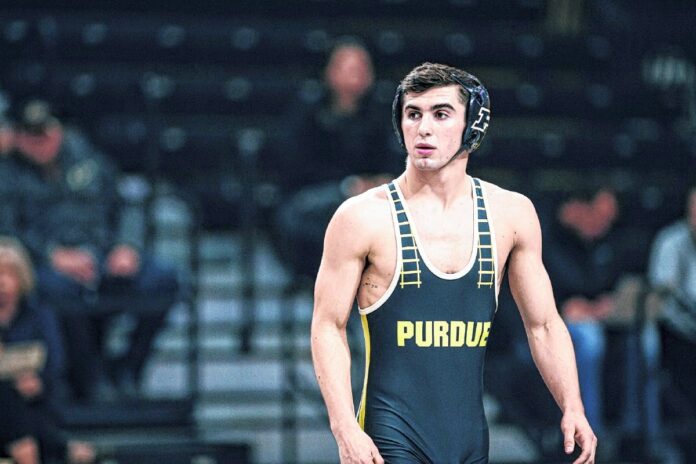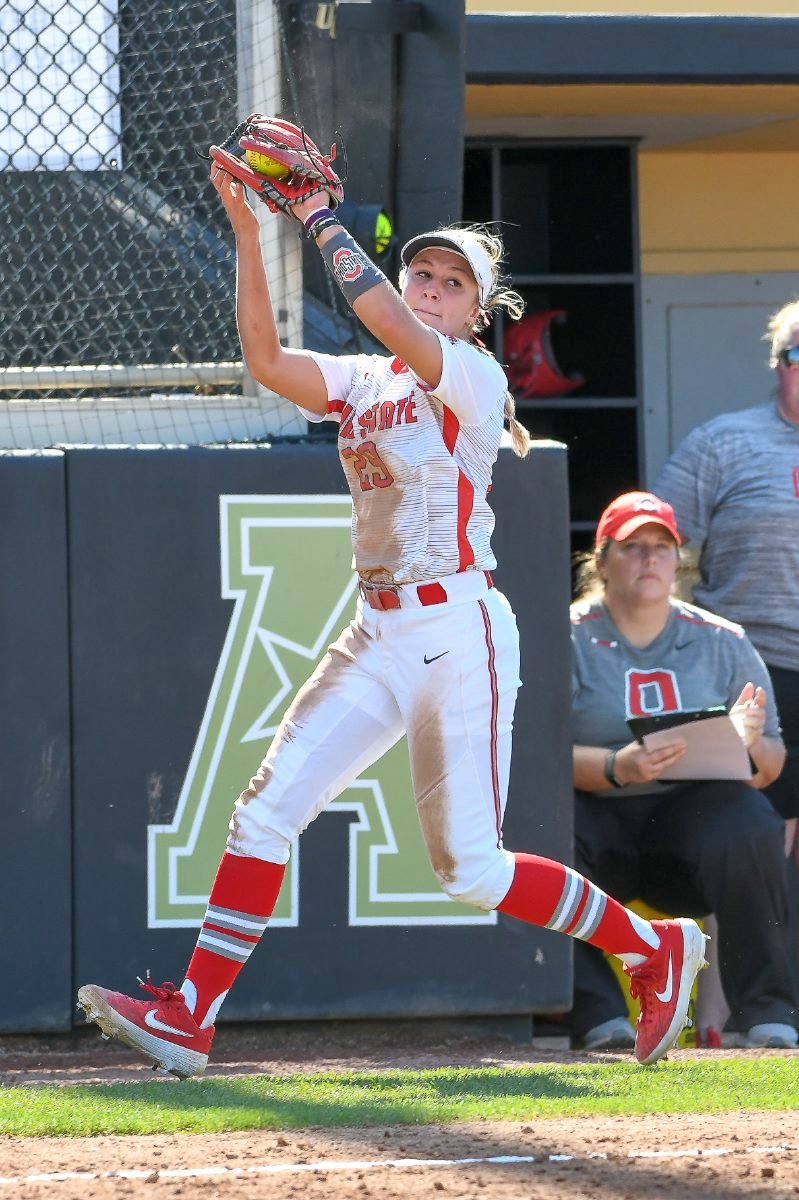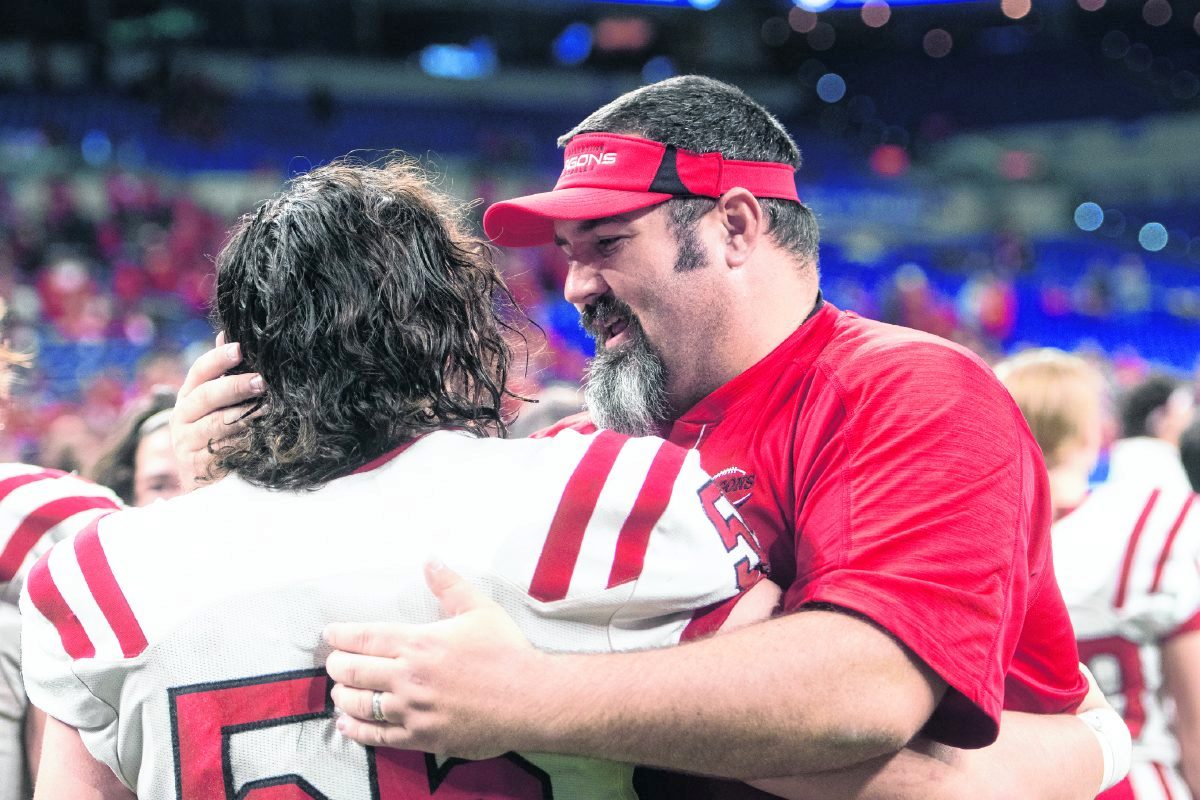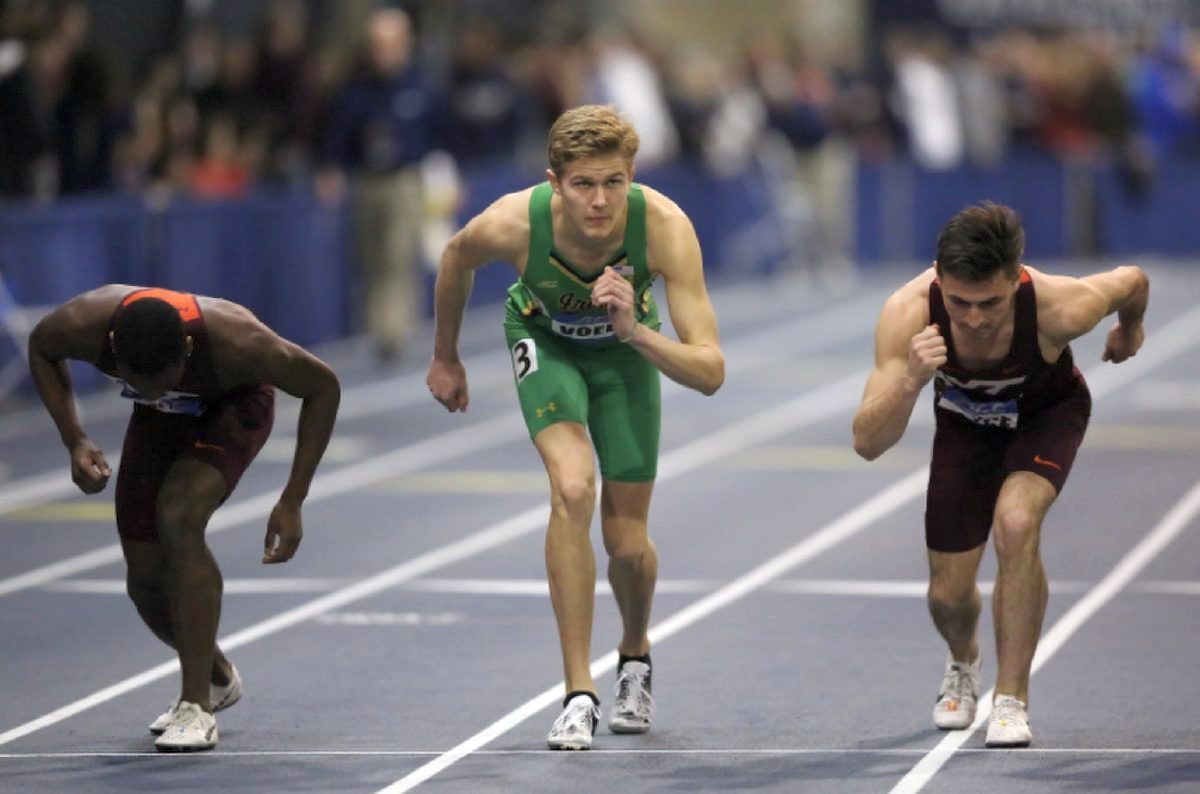
A new era in college sports has officially begun.
On Wednesday, the NCAA’s board of directors approved an interim policy to permit student-athletes in all three divisions to earn compensation for the use of their names, images and likenesses (NIL) in response to a growing wave of legal pressure.
The board’s decision, which is considered one of the most significant changes in the NCAA’s 115-year history, will allow college athletes to monetize their fame through various mediums after a unanimous Supreme Court vote on Monday affirmed lower court rulings that antitrust law prevented the NCAA from restricting payment to athletes.
With additional NIL legislation passing in nearly 24 states — 12 with effective dates beginning Thursday — the NCAA approved its policy to suspend rules on amateurism. This came after a recommendation from the Division I Council that has opened a new monetary pathway for college athletes.
Starting Thursday, Division-I college athletes are now able to profit from endorsements, sponsorships, social media, autograph sales and other avenues with no major restrictions, though they will not be able to advertise their university logos or trademarks.
“I think it’s a really cool opportunity for athletes to use their platforms and build their brand unlike they were able to before,” said Ashley Prange, a New Palestine graduate and University of Alabama softball player.
As soon as Thursday morning arrived, collegiate athletes nationwide squandered little time rolling out their brands, logos and endorsements across social media platforms to their abundant followers.

Fresno State women’s basketball players and twin sisters Hanna and Haley Cavinder celebrated the new NCAA policy as spokespeople for Boost Mobile on a billboard in Time Square, which the former Tweeted out at 12:29 p.m.
Auburn quarterback Bo Nix unveiled his endorsement deal with Milo’s Tea on Twitter, while other athletes promoted their music careers, upcoming custom merchandise sales and third-party product sponsorship signings.
“I think it’s a great opportunity for student-athletes. It is something that has been a topic of discussion for awhile now and will benefit student-athletes tremendously,” New Palestine graduate and Purdue University wrestler Alec White commented.
“There is still so much to learn about the ins and outs of it all for myself and others, but today (the first day it has come into action), I’ve seen people jumping at the bit and utilizing their new opportunity.”
At Purdue, White, a three-time academic All-Big Ten honoree, and his Boilermaker teammates were informed of the ensuing change in NCAA policy before the shift began.
“At Purdue, they’ve been prepping for this for quite some time and we sat down as a team today to get a rundown on some of the rules that go along with NIL,” White commented. “We have a ton of great resources here for us to utilize. If we have any questions, compliance is always willing to help us out.”
With student-athletes entering uncharted territory, NCAA policy allots those venturing into the monetary realm to hire agents to navigate the landscape of gaining sponsorship for videos on YouTube and Twitter, booking athletic camp appearances, signing advertising contracts and the sales of merchandise to their fan bases.
“In terms of the potential that it brings about, there are a ton of opportunities. From the sale of apparel, whether it be game worn or something created for our own personal brand, to utilizing social media for advertisements, there are a lot of opportunities. Not only does it benefit student-athletes being able to profit, it can help out local businesses to reach larger audiences through social media advertisements,” White commented.
“I am definitely excited for all of the potential that comes with NIL and will definitely look at the opportunities available and become educated on it all. At the same time, our coach preached to us not to let it create distractions. Always stay on track and don’t let the money pull you away from your goals.”
For New Palestine High School football coach Kyle Ralph, the NCAA’s policy modification raises concerns and several questions, though the former University of North Carolina standout understands both sides of the situation.
An All-ACC selection during his career from 2002-05, Ralph was compensated nearly six years ago after EA Sports, the creator of the popular video game “NCAA Football,” discontinued production of the game prior to a multi-million dollar settlement for a lawsuit filed by former UCLA basketball player Ed O’Bannon.
The lawsuit stated it was illegal for the manufacturer to produce and sell games with characters that resembled real athletes.
“All those video games that came out that used the likeness of players during that period of time, I was in like three or four of those,” Ralph said. “It went back even that far (to around 2003), essentially a decade where you put your name in and what game you were in, how your likeness was used and they ended up cutting you a check for being in any of those games.”

While Ralph had a successful collegiate career as an offensive guard and later signed as an NFL free agent, his commitment to UNC had a singular purpose.
“I get it, having been a Division-I, Power Five college football player and having been very successful and having the opportunity to play in the NFL, so there’s a part of me that understands that what I did, what I went through and what I put my body through, the time sacrifice and all those things, it was for a free education,” Ralph said.
“To me, I never really thought of it as more than that. That was it. I’m going to school for essentially zero dollars, and my job then is to go out and perform on the football field, to lift in the weight room four days a week. I understood what that business relationship was.”
Ralph applauded the NCAA’s recent adjustment on stipends for scholarship athletes, which have been altered in response to cost of living expenses in specific metropolitan areas and states throughout the country.
However, the idea of monetizing his athletic prowess in college seemed more of an oddity than an expectation.
“I never thought, ‘hey, I’m a two-time, first-team All-ACC player. It would be great to make money off my likeness’ or was like, ‘hey, I’m the top-rated player on the video game from my school, it would be nice to make money off of this’ or I ended up being a third-team All-American as senior, ‘boy, it would be nice to make money off of that,’” Ralph said. “Those things never crossed my mind because I understood they’re paying for my education, which, if I do it the right way, is going to set me up for my future and I’m going to play football. To me that was a pretty good deal. It was a good trade. I didn’t want to mess that up.”
For some collegiate athletes, however, a professional career is the goal, and it’s a reality that Ralph and others acknowledge as more high school prospects and recruits focus on both their abilities and brand to gain exposure.
“On the flip side, obviously, college football, even since I played and it’s been 15 years, has become a major industry. To a degree, I would say, it’s arguably more fan accessible and fan fanatical than the NFL has become,” Ralph said. “I get where college football has become a major business and some of these guys who are putting their careers on the line to go out there and play and put their likeness out there are looking for compensation because to a degree some of these guys are followed by more people and probably have more jerseys bought than NFL players do. I get that, and for some, their end-game goal is the NFL.”
Ralph’s concern surrounds recruiting and the potential trickle down effect at the high school level if the recent NCAA policy trend continues without some form of checks and balances.
“I certainly hope it never makes it to the high school level. I don’t know how well it’s going to go for college, and I’m not a big fan of the opting out of bowl games thing, so to me this is something very new that I’ll be interested to see how it goes,” Ralph said. “But as far as high school is concerned, there aren’t a lot of regulations on high school kids where they can’t monetize themselves in that regard. My biggest problem is how do you police this?
“In my opinion, the major programs. The Alabamas, the Ohio States, Clemsons, etc., it could get out of hand exponentially compared to what Ball State or a Miami of Ohio or a Western Michigan, some of those local type MAC programs can potentially provide to you in that regard. Is this something that might kill those smaller programs because they don’t provide the fan base and the potential monetary options that some of the major schools do.”

Can college fan bases sway commitments?
New Palestine graduate and Notre Dame All-American Samuel Voelz, who recently competed in the 2020 Olympic Trials in the 400-meter race, hopes it doesn’t get to that point.
“I am unsure how recent changes to name, image and likeness will affect student-athletes. I am really excited that student-athletes are now able to profit financially from the hard work they put in athletically, academically and socially. However, I don’t want the different laws regarding name, image and likeness between states to affect high school kids’ decision-making process on what college they will attend,” Voelz commented.
Only time will tell.
“It would have been interesting, I guess, to see how that would have played itself out in my day,” Ralph said. “It’s going to be incredibly interesting to see how it plays out now after seeing where it was.”




